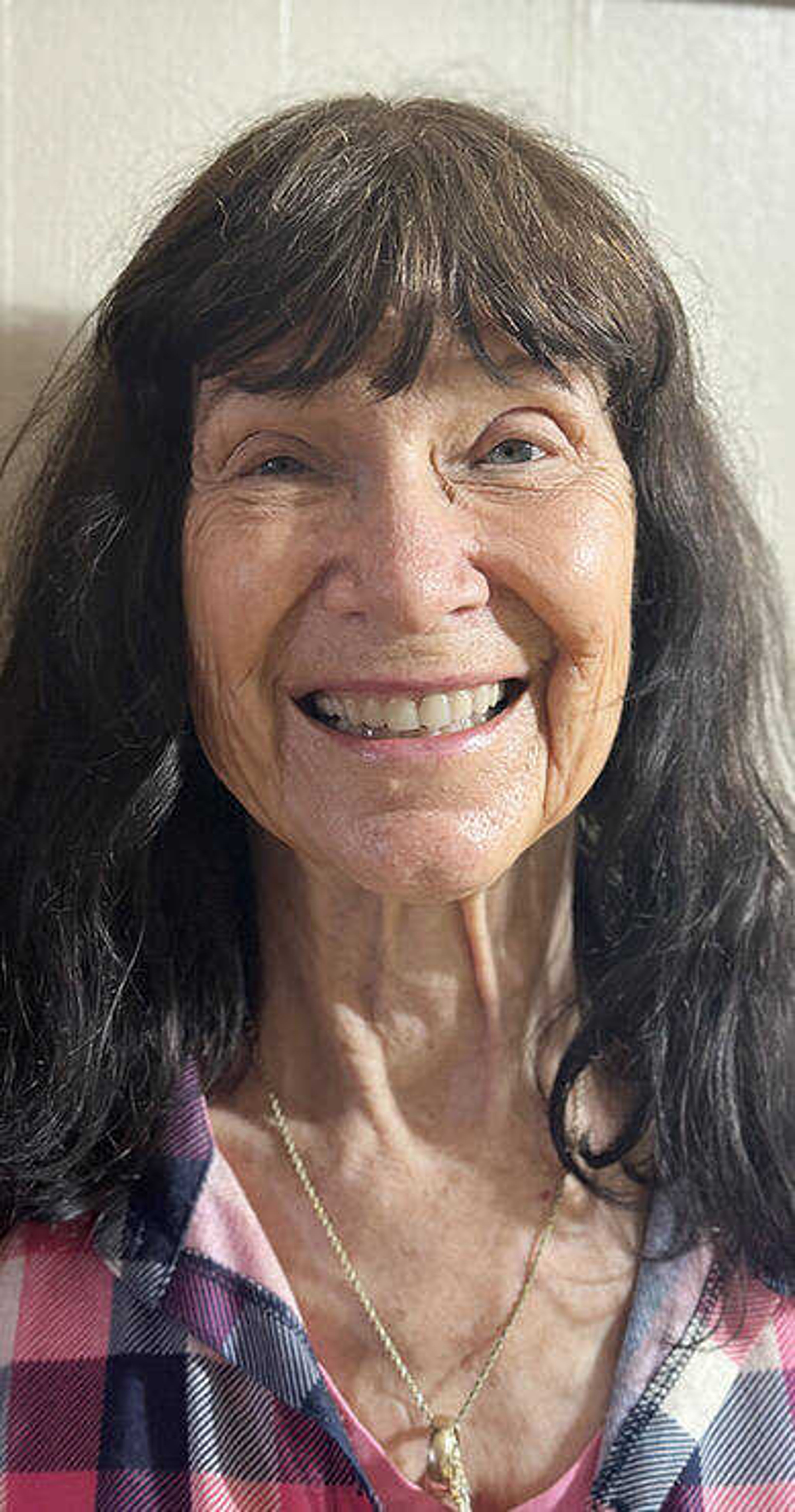Nobody is a nobody
A hand waved backward in the air as I offered the greeting "Hi, I'm Ellen. What is your name?" Then, "Are you related to Bobbie's wife?" "Oh no, I'm not closely related to the family at all," a young man ventured as he attempted to shove my question aside with his hand gesture "You don't want to know me because I'm just A NOBODY here." Then he positioned himself beside the coffee pot in the basement of the funeral home -- assigning himself the job of chief coffee maker...
A hand waved backward in the air as I offered the greeting "Hi, I'm Ellen. What is your name?"
Then, "Are you related to Bobbie's wife?"
"Oh no, I'm not closely related to the family at all," a young man ventured as he attempted to shove my question aside with his hand gesture "You don't want to know me because I'm just A NOBODY here." Then he positioned himself beside the coffee pot in the basement of the funeral home -- assigning himself the job of chief coffee maker.
I pondered his meaning. What the young man, Ken, meant was we wouldn't be interested in getting to know him because he was only distantly related to the deceased. After a show of interest from me, he explained his wife was the one to whom we ought to offer condolences, and we continued the conversation. The interaction took place within the funeral home my husband and I visited a few weeks ago. We were paying respects to a young relative who'd been killed in a freak car accident. Ken's comment shocked me because I was unfamiliar with hearing people call themselves nobodies, even in jest. Hearing his appraisal of himself pained me deeply.
I assured him he might be unrelated to anyone at Bobbie's wake, but that didn't mean he was a nobody. Often one feels like an outsider when he fails to have a close connection with the person who has died or who is ill. Yet he feels obligated to make an appearance. People often feel neglected at family reunions, meetings, dances or other social gatherings. We all feel left out sometimes -- rejected because we're just seemingly at the wrong place at the wrong time. But we're still a somebody.
People often allow particular environments where they fail to fit to cause their self-esteem to plummet. When one experiences the feeling of being a "fifth wheel" or an outcast, he may certainly feel like a nobody for a while. But you must recognize that feelings never last and are usually based on a person's mood, a bad situation or merely being with the wrong crowd. Sometimes this simply consists of groups who own different values, outlooks and goals than oneself. Any of these scenarios can cause one to feel like a misfit.
Jesus could surely have felt like a nobody during his ministry on Earth -- especially during the Passion. He cried out and begged that his pain, rejection and feelings of depression would go away when he said "My Father, if it's possible let this cup pass from me" (Matthew 26:39). But even then I suspect he felt like a somebody for he knew his father loved him.
Regardless of what one must endure in life, he should never question that he is unquestionably "valuable." If he disbelieves in his importance to God he needs only to read and absorb the real meaning of Genesis 1: 26-27: "Man is made in the image and likeness of God."
I often see people shuffling down the street as if they have nothing in which to hope. I've seen homeless people in New York City living in cardboard boxes. Some seemed happy and joyful and others gave the impression they were miserable. The difference in one's appraisal of his situation is found inside himself; because regardless of what one possesses, or his circumstances, his self-image must be built on God's evaluation. People are on Earth for only a short while -- then they will realize their real perfection and beauty.
1 Peter 2:9-10 elevates our sense of worthiness when it says "But you are a chosen people, a royal priesthood, a people belonging to God" and "He called us out of the darkness into his wonderful light. Once you were not a people but now you are a people of God." Indeed nobody is a nobody, because in God's estimation, everybody is a somebody!
Ellen Shuck is director of religious education at St. Mary's Cathedral Parish.
Connect with the Southeast Missourian Newsroom:
For corrections to this story or other insights for the editor, click here. To submit a letter to the editor, click here. To learn about the Southeast Missourian’s AI Policy, click here.










